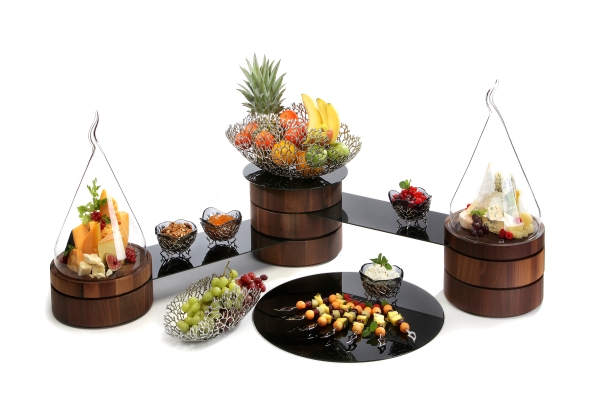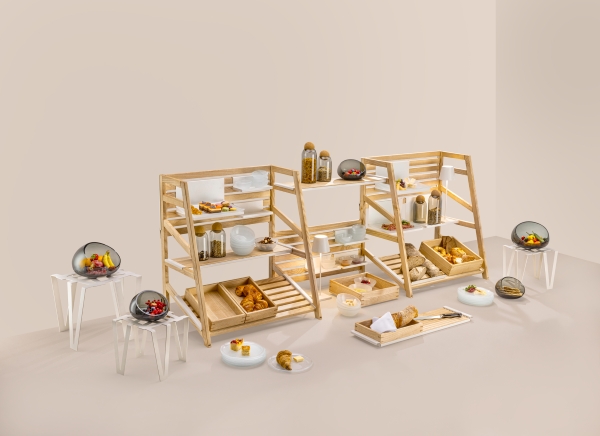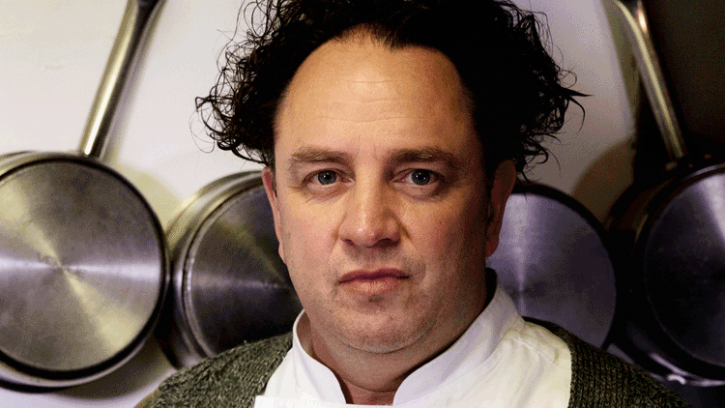Getting a hotel breakfast right is a balancing act: meet or exceed guest expectations and keep costs at budget. It can be a tricky proposition.
“Breakfast is usually the shift with the fewest people and the tightest allocation, yet it’s the meal guests judge you most critically on,” said Scot Turner, founder and managing director of London-based F&B consultancy Auden Hospitality. Turner recently partnered with benchmarking firm HotStats to glean different data points focused on F&B. The results show that since 2022, 60% of hoteliers have revised their breakfast-inclusive allocations to offset rising costs. “But even now, we’re not seeing that balance play out—allocations haven’t kept pace with the increase in food and payroll costs,” he said. “It highlights the pressure hoteliers are under when it comes to managing breakfast costs while protecting rate. As every part of the business is being squeezed and pricing is becoming more sensitive, the ability to share additional rates for breakfast is challenging.”
Being strategic with breakfast is more important than ever. Consider a continental buffet paired with made-to-order hot items, which, according to a Turner/HotStats survey (a full release of which comes in October), is the most profitable approach to breakfast, and an example of critical insights that can help hotels make better choices for their breakfast offerings.
To balance culinary innovation that attracts guests to stay on property while protecting the bottom line, John Csukor, VP of culinary, North America at Entegra, recommends working with a group purchasing organization or GPO. “GPO partnerships often begin with hotel operators using a ‘market basket’ to compare F&B pricing and quality. [They] can then do product cutting with operators to determine the right product that fits the hotel’s needs in terms of taste and cost.” Entegra was recently commissioned by a client to bring additional savings to its breakfast food costs by including grab-and-go options and introducing new offerings that matched guest preferences and budget goals.
In the kitchen, portion control and waste management are more important than ever, said Marc Ellert-Beck, corporate food & beverage director at Bridgeton, which manages Ruschmeyers in Montauk, N.Y. “We keep a keen eye on daily food costs and work with multiple vendors to source strategically, ensuring we’re getting the highest quality ingredients at the best possible value,” he said. In addition, smaller, more efficient menus with cross-utilization of products, along with a lean, skilled group of cooks, aid in keeping breakfast profitable.

PURPOSEFUL FARE
With wellness and health now being a core focus for guests, breakfast at hotels has been transformed into a purposeful meal rather than a plentiful one. Options focused on improving aspects of physical and mental health, such as protein pancakes and probiotic beverages like kombucha and kefir, are gaining popularity. “With the rise of veganism, we are also seeing hotel chefs using plant-based egg substitutes for omelets, quiches and healthy egg bakes,” said Csukor.
“We’ve noticed a shift away from rich red meats and starch-based dishes toward lighter fare. Guests gravitate towards dishes centered around seafood, raw vegetables and leafy greens. Olive oil has replaced butter, and Mediterranean flavors and accents from further afield are key,” said Ellert-Beck.

SMARTER WORKFLOW AND EQUIPMENT
F&B connoisseurs are actively looking for ways to tackle main kitchen challenges, such as reducing chef pressure during peak service, improving consistency across baked items and lowering energy usage. Consider programmable ovens, a simple but effective gadget that allows precise scheduling of baking without constant checking, or temperature-controlling holding drawers. In a recent project Turner worked on, a 21-property lifestyle hotel group in Europe faced major seasonal swings, up to a 400-cover difference, with no option to expand the kitchen. “We tackled it by integrating temperature and humidity-controlled hot holding drawers at the main pass. This allowed us to pre-cook, hold at perfect quality and finish to order. It sped up service, reduced the need for extra chefs and avoided losing front-of-house space to kitchen expansion,” he said.
Artificial intelligence is also beginning to be integrated into F&B operations with functions like monitoring what’s coming back from the buffet rather than just tracking prep waste. “If a particular muffin flavor consistently gets left behind, it tells us something. We adjust the offer, reduce waste and improve the guest experience— all at once. It’s this kind of data that helps us deliver better breakfasts and keep them profitable,” Turner said.
Tableware and furniture suppliers are taking notes of these demands and offering products as versatile, durable and sustainable as possible. German manufacturer Zieher’s “The Pantry” allows for different breakfast setups, as well as a natural ambiance with the organic, eco-friendly look and feel.
Another example are Scholl’s breakfast solutions, which feature air cooling technology at their core to protect sensitive foods, such as dairy products, cheese, cold cuts, fish and fresh fruit, while also ensuring an appealing presentation. The systems are available in both stationary and mobile versions to fit any hotel environment. In addition, the company offers modular warming systems, multifunctional hot/cold wells and induction solutions that can be flexibly adapted to different breakfast foods.
As guest expectations evolve and operational challenges intensify, those who innovate without compromising quality will ensure that breakfast continues to be the most satisfying—and strategically important—meal of the day.







